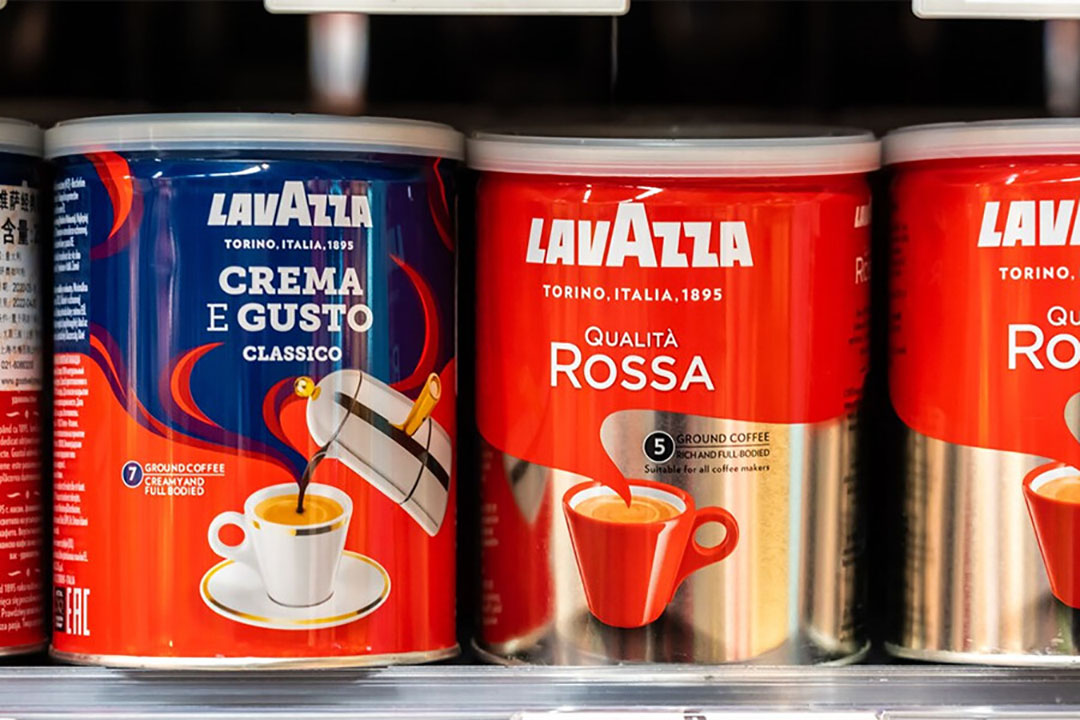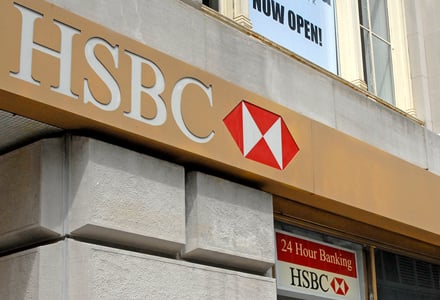The Eurozone economy grew by exactly 0.1 percent in the second quarter. “The figure is very small,” said economist Edin Mujagic, but he said it was good news.
Given controlling inflation, very low economic growth is not bad news, according to Mujagic. ‘You need a period of low growth to solve the inflation problem, you can only solve it if you reduce demand. So this is relatively good news, but basically this little growth is bad news.’
German
Inseparable from Europe’s low economic growth is the fact that the German economy has been in dire straits for some time. “All indicators regarding the economy show that a new contraction is very likely, things are not going well in the country structurally,” Mujagic said. “And if things are going badly in Germany, then by definition, things are not going to go well in the Eurozone. Because Germany still accounts for more than a quarter of the European economy.’
Also read | The Dutch economy is increasingly less ‘German’
In this case, the Netherlands’ dependence on Germany as a trading partner has decreased over the last forty years, as also calculated by the Central Planning Bureau at the end of August. What is less pleasant, according to Mujagic, is that trade with the Netherlands’ second trading partner, England, has been somewhat difficult since Brexit. ‘Trade is a little more expensive, but the economy is not doing well either.’
Budget hole
Therefore, Mujagic is not surprised if Dutch economic growth, which is estimated to grow 1.4 percent next year, turns out to be lower than current estimates. ‘And that means less revenue for the government, and perhaps next year there will be a new round of funding to plug new budget holes.’
Also read | ‘Germany faces longer period of stagnation’

“Incurable alcohol fan. Proud web practitioner. Wannabe gamer. Music buff. Explorer.”







